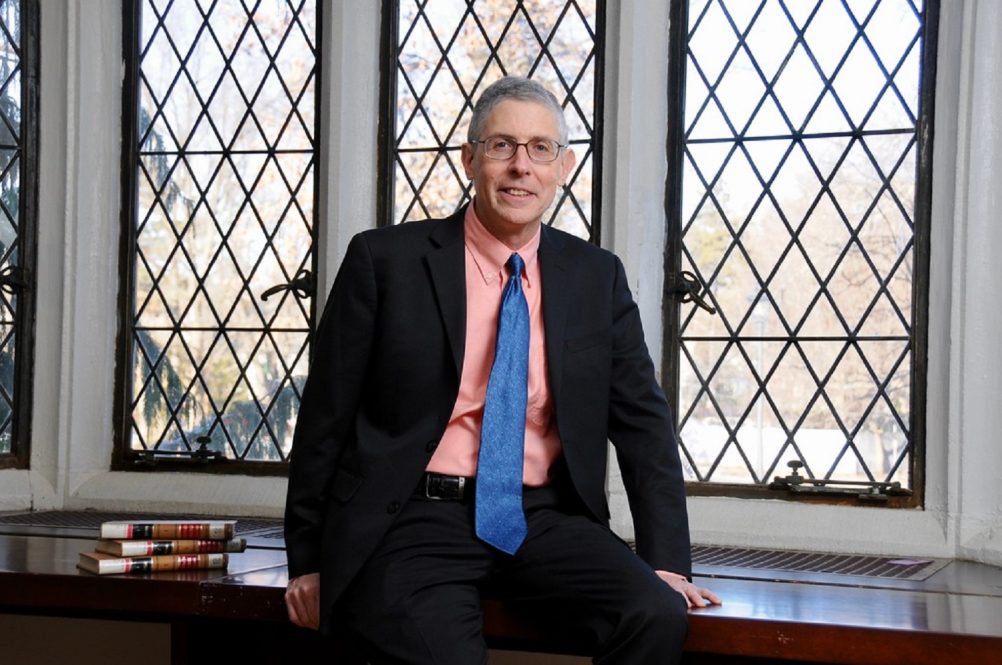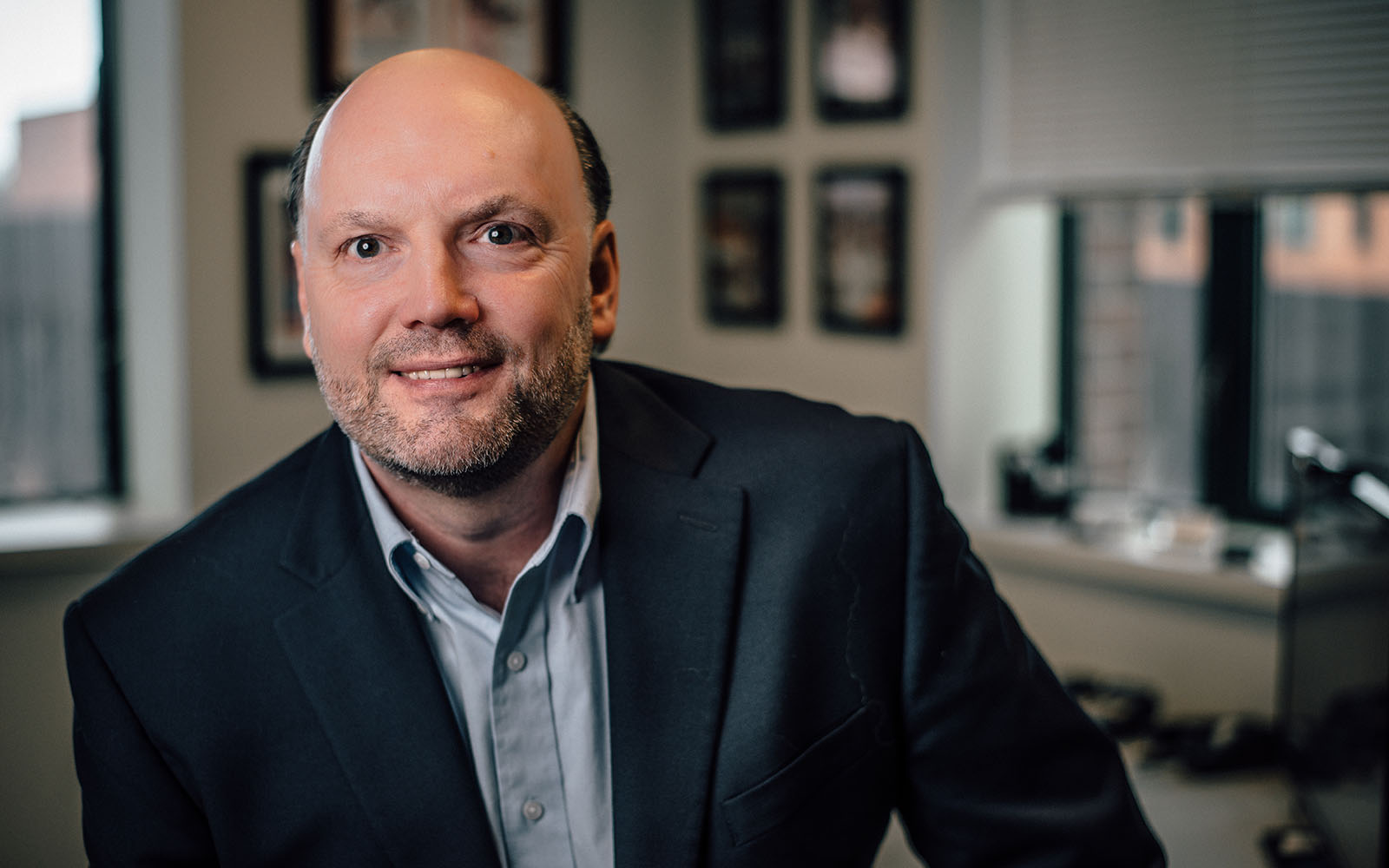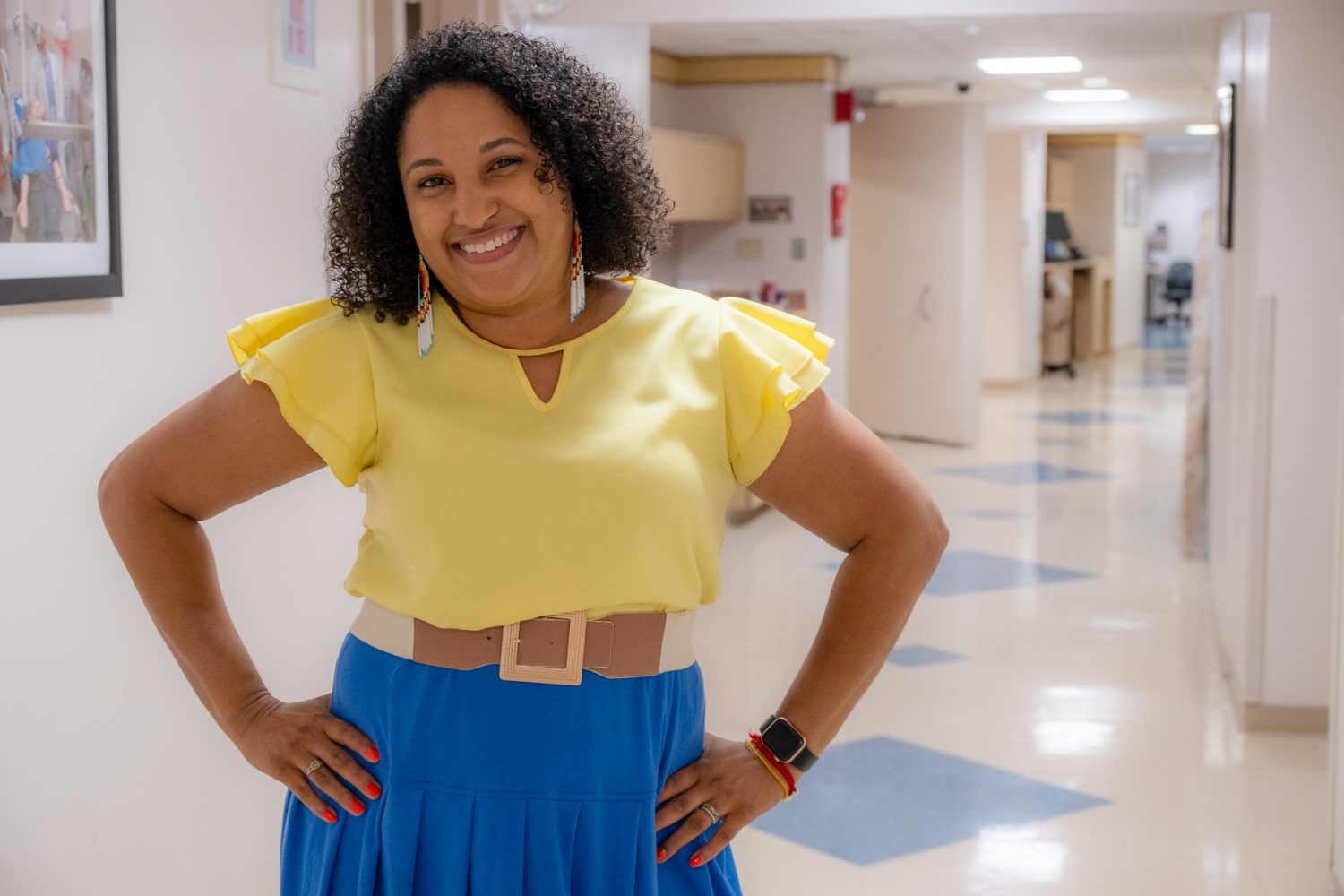A UConn Law professor is helping to dismantle the view, long held by U.S. immigration authorities, that people with more than one nationality are generally barred from being granted asylum.
In a recent ruling, the U.S. Court of Appeals for the Second Circuit cited Professor Jon Bauer’s arguments in overturning a decision of the Board of Immigration Appeals. The board had ruled that members of a family fleeing severe persecution in Honduras, where they lived, were not eligible for asylum in the United States because they had not demonstrated that they would also be persecuted in Nicaragua, where they had an inherited right to citizenship. They were denied asylum and ordered deported to Nicaragua.
In reversing the board, the appeals court accepted Bauer’s argument that under federal law an asylum-seeker needs to show persecution in only one country of citizenship to establish eligibility for asylum. The appeals court was persuaded that language enacted by Congress in the 1980 Refugee Act is broader and provides more generous protection than the international treaty governing refugees on which the U.S. law was generally modeled.
The decision is important to many migrants who have a right to citizenship, through inheritance or other means, in a country where they have never lived and which they may never even have visited, Bauer said. It has been a subject of interest to him from his early days as director of the Asylum and Human Rights Clinic at the UConn School of Law.
“We had a case of a young woman from Bosnia who had had Croatian citizenship as well because her father had originally come from Croatia,” Bauer says. “But Croatia, like Bosnia, was a war-torn country. She had very good reasons to not to want to go there.”
The clinic was able to show that the woman also would have faced persecution in Croatia. But the case sent Bauer on an exploration of the law. His research uncovered historical evidence that Congress, when it passed the Refugee Act, intended to allow people to qualify for asylum if they face persecution in any one country of their citizenship.
“There is very good reason to think that what Congress was trying to do in making this change was to ensure that Jews who were fleeing the Soviet Union — and in the late 1970s there were a lot of them — would be able to come to the U.S. as refugees even though Israel classified them as citizens,” Bauer says.
In 2014 he published an article on his findings in the Vanderbilt Journal of Transnational Law. In its recent ruling, the Court of Appeals for the Second Circuit extensively cited that article and relied on arguments Bauer made in an amicus (or friend of the court) brief and in his oral argument before the court.
Bauer got involved in the case, Zepeda-Lopez v. Garland, at the request of a former student, Tina Colón Williams ’14 JD, now a partner at Esperanza Attorneys at Law in New Haven. Williams and her colleague, Yazmin Rodriguez, represent the Zepeda-Lopez family, whose members were seeking asylum from persecution in Honduras.
When she initially argued the case, Williams says, she relied heavily on Bauer’s previous research on the dual nationality issue. “When it was time to appeal the case to the Second Circuit, we immediately reached out to him to see if he would want to be involved as amicus,” she said. “When we described the facts, his face lit up, because I think he knew then that this could be a case that could actually change things.”
The experience of working with her former professor was “an absolute joy,” Williams says. “The impact of this case is huge, a major course correction of almost a decade of statutory misinterpretation with big implications for any asylum seekers with dual nationality.”
While preparing the brief, Bauer recruited several organizations that advocate for refugees to sign on to it, including HIAS, the International Refugee Assistance Project, the Asylum Seeker Advocacy Project, and Integrated Refugee and Immigrant Services. He also recruited several people to help practice, or “moot,” for the oral argument, including UConn Law professors Kiel Brennan-Marquez, Timothy Everett, Valeria Gomez and Carleen Zubrzycki.
“Professor Bauer’s achievement is an excellent example of the outstanding efforts that our clinical faculty make to advance and develop the law, in addition to their critical work on behalf of individual clients,” says Jessica Rubin, associate dean for experiential education. “It’s rewarding to see collaboration with alumni, the bar, and public interest organizations yield such meaningful progress.”
The court ruling doesn’t automatically grant asylum to the Zepeda-Lopez family, but it gives them a chance to demonstrate that the persecution they suffered in Honduras is sufficient grounds to grant it. The ruling binds the Board of Immigration Appeals in the states covered by the Second Circuit — New York, Connecticut and Vermont. And it gives applicants for asylum in other jurisdictions an established argument if the board again imposes a requirement to show persecution in every nation of citizenship.
“I’m hopeful that it will lead to similar decisions in other circuits,” Bauer says. “Even within the Second Circuit, this should affect a lot of asylum applicants who previously were considered ineligible for asylum. Now they have at least a fighting chance.”



